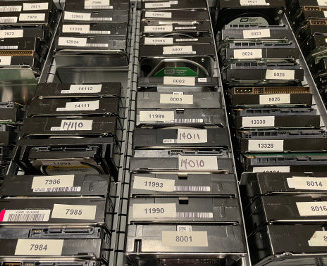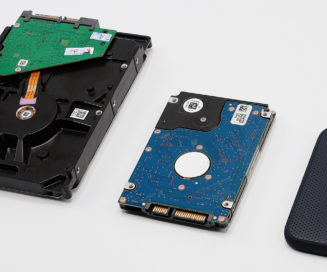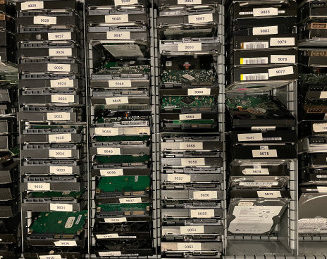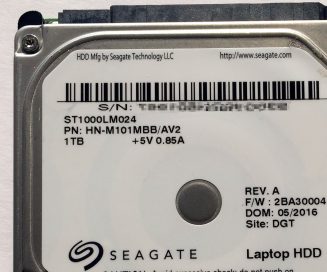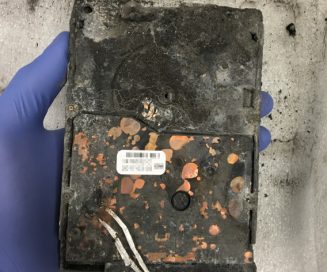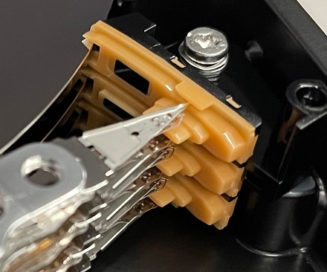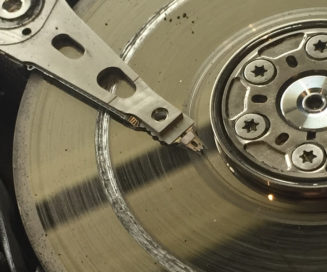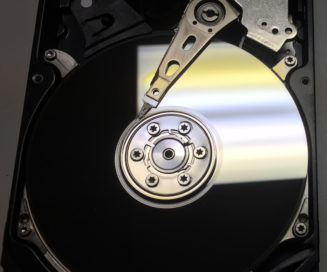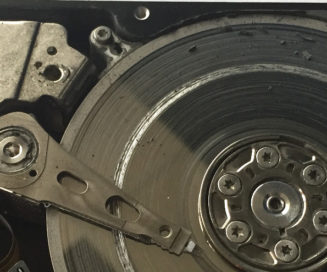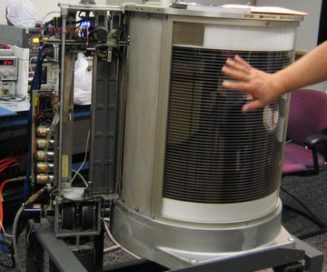Looking for something? Refine your search
- Categories
- Backup
- Cloud
- Computer Forensics
- Computing and CPU Power
- Cryptocurrency
- Damage
- Data Loss Prevention
- Data Recovery Knowledge
- Data Recovery News
- Data Recovery Service
- Data Types
- Database
- Digitization
- Encryption
- Flash Drive
- Hard Disk
- Investing and the Stock Market
- Mac/Apple
- Media
- Mobile Device
- NAS
- Network Security
- Office Documents
- Outreach
- Photos & Images
- RAID
- Ransomware Recovery
- Removable Media
- SAN
- Secure Deletion
- Server
- Services
- SSD
- Storage Industry
- Tape
- Uncategorized
- Video
- Tags
- actuator
- Apple
- backup
- bitcoin
- breach
- clean room
- clone
- computer forensics
- cryptocurrency
- cybercrime
- data recovery software
- data recovery tips
- decision tree
- EEPROM
- encryption
- ethereum
- exploit
- financial records
- fire damage
- flood
- guide
- hard drive data recovery
- hard drive failure
- hard drive manufacturers
- head ramps
- helium
- how to
- hurricane
- iOS
- landing zone
- leak
- Mac
- Mac OS
- machine learning
- macos
- Midwest
- migration
- music data recovery
- NAND
- NFT
- NVRAM
- operating system
- OS X
- parts
- password
- PCB
- Phoenix
- power surge
- RAID
- ransomware
- rebuilt
- SATA
- SaveMyFiles
- SSD
- statistics
- storms
- tornadoes
- TRIM
- video conversion
- virus
- water damage
- wildfires
- windows 10
- windows 10 guide
How to Securely Wipe a Hard Drive Before Selling or Recycling It
The most reliable way to securely wipe a traditional hard disk drive (HDD) is to perform a single-pass overwrite, which writes a pattern of zeros over the entire drive. That’s sufficient to make the original data unrecoverable by even the...
September 25, 2025
SSD vs. HDD Data Recovery: Key Differences and Techniques
While Datarecovery.com provides services for all digital storage devices, the vast majority of the cases we receive involve solid-state drives (SSDs) or hard disk drives (HDDs). The prognosis for data recovery is strong for both device types, provided the work...
September 23, 2025
Used Hard Drive Scam Spreads: What Consumers Should Know
In an earlier article, we discussed a novel scam utilizing Seagate hard drives: Sellers were marketing used Exos hard drives as brand-new units, in some cases modifying the S.M.A.R.T. parameters to display lower runtime hours. The scam has spread,...
February 20, 2025
How Can You Tell if a Hard Drive is Used?
You’ve just bought a new hard drive — or did you? On February 8th, Seagate responded to reports that Exos hard drives were being sold with S.M.A.R.T. (Self-Monitoring, Analysis, and Reporting Technology) values reset, effectively making the used hard drives...
February 10, 2025
California Wildfires: Data Recovery for Fire-Damaged Hard Drives and SSDs
Southern California is experiencing record-breaking wildfires, with total losses expected to be $50 billion or more. At least five people have died, and thousands have been displaced.At Datarecovery.com, we’ve provided services to businesses, consumers, nonprofits, and state agencies following...
January 9, 2025
What Is a Hard Drive Voice Coil?
A hard drive voice coil is a type of linear motor consisting of a coil of wire suspended within a strong magnetic field. When an electrical current passes through the coil, it interacts with the magnetic field, generating a force...
August 12, 2024
Why Hard Drive Head Stiction Is No Longer an Issue
Stiction is a portmanteau of “static” and “friction.” In engineering, it’s used to describe the amount of force required to make something move while it’s in contact with another material. In the data recovery industry, stiction is also used to...
August 6, 2024
Why Does CHKDSK Take So Long to Run?
If you’ve found this page, you’re probably running CHKDSK, Microsoft’s built-in utility for hard disk drives — and you’re wondering why it’s taking forever to complete. First, a quick reminder: CHKDSK isn’t a data recovery utility. It can scan your...
July 24, 2024
Don’t Use CHKDSK On a Failing Hard Drive
Recently, we searched for “failing hard drives” to see whether the internet was dispensing bad advice regarding drive failures (and to see if our name came up). Google’s experimental A.I. answered our question — and promptly provided instructions that could...
July 23, 2024
The IBM 350: Weird Facts About the First Commercial Hard Drive
We’re approaching the 70th anniversary of the hard disk drive (and despite a popular misconception, hard drive sales are still going strong). Without HDDs, modern computing wouldn’t be possible, and when the IBM 350 was introduced in 1956, it jump-started...
July 2, 2024

